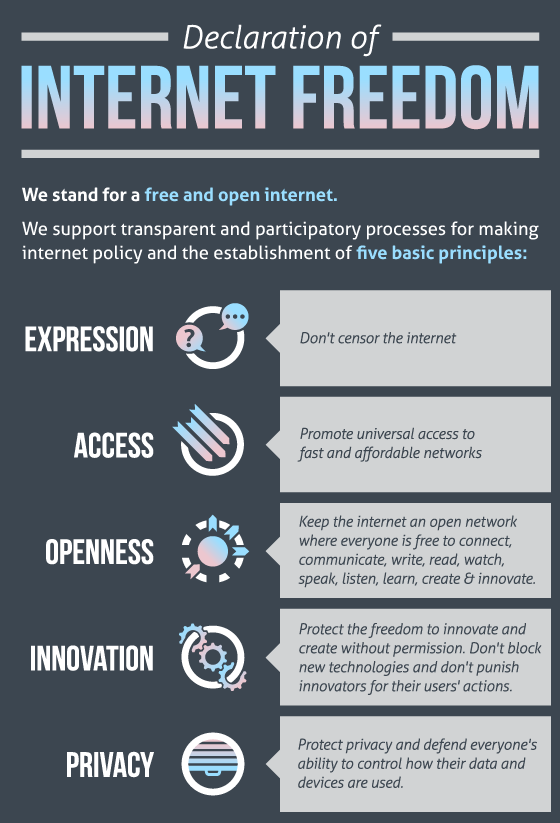One of the nice things about my job is that I get to write blog posts like this. Cross-posted below.
I just read a great piece by author/activist Cory Doctorow on what he calls “Techno-Optimism” in Locus Magazine. He addresses a question that is often confronted by those of us who aspire to somehow use technology as a tool for social change: does the tool matter, or just the results? For example, if it’s easier to reach your target audience of young people who care about software freedom via Facebook, does the end justify the means? Or should we hold ourselves to a more idealistic standard and use an open source tool that lacks the critical mass of users?
In other words:
As a techno-optimist, I was heartened to see the role that networked technologies played in aiding activists in Iran, Egypt, Libya, Bahrain and other middle-eastern autocracies to coordinate with one another. But as a techno-pessimist, I was horrified to see activists making use of unsecured unfit systems like Facebook, which make it trivial for authorities to snoop on and unpick the structure of activist organizations.
Doctorow concludes:
The trick for technology activists is to help activists who use technology to appreciate the hidden risks and help them find or make better tools. That is, to be pessimists and optimists: without expert collaboration, activists might put themselves at risk with poor technology choices; with collaboration, activists can use technology to outmaneuver autocrats, totalitarians, and thugs.
As I like to say: the path IS the destination. How you get there is every bit as important as where you go. I already use a lot of open source software such as Drupal (this site’s platform), Firefox and Thunderbird (which I couldn’t work without), and Ubuntu (on my personal computers at home). I’m going to redouble my efforts to support software and systems that themselves support my own (and HASTAC’s) values of freedom, democracy, and security.
Read the full article at http://www.locusmag.com/Perspectives/2011/05/cory-doctorow-techno-optimism/


 Ruby Sinreich is the Web Maven at
Ruby Sinreich is the Web Maven at 
 Today I’m thrilled to be at the
Today I’m thrilled to be at the 